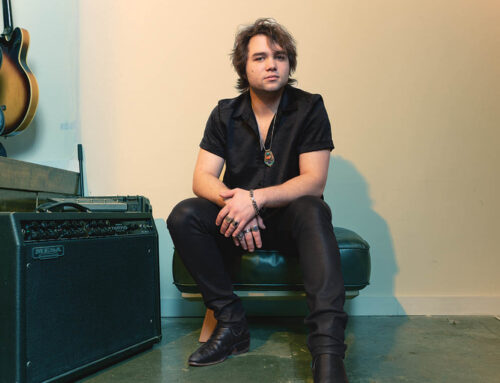PERSONAL electronics are now standard appliances in our lives – we have purses and briefcases loaded with cell phones, two-way beepers, electronic data books, laptops and hand-held games. In my house, running out of batteries is akin to my mother’s worry of running out of milk.
I have recharger cords for so many handheld devices that I have had to start labeling them to keep from confusing which black cord rejuices which small, black plastic box. My desktop regularly reminds me to back up, and when I see the low battery warning on my PDA, I frantically wonder when I last synced it with my desktop. I see ads for hand-crank cell phone and laptop chargers that use a lot of bicep energy to power these machines in locales where electricity is not dependable.
I have eagerly embraced the technology trend, and my gadget wish list never diminishes as I learn of new and ever more clever ways to store data, communicate with others and efficiently manage my not-always-efficient life. My husband, on the other hand, does not even own an ATM card, and has very few gadgets in his arsenal. I attribute this Luddite behavior to the age difference between us – he attributes it to a lack of consumerism. But on Sundays, he thoughtfully separates all the electronic store ads from the heap of the Sunday paper and stacks of them with the Texas Living section for me to graze through with my morning coffee.
Recently I began to contemplate my dependence on the gadgets and gizmos of today’s world when the unthinkable happened – I lost my cell phone. Of all the personal electronics I have acquired, my cell phone is by far my favorite and, in my mind, my most essential. I love the ability to return calls and keep in touch while on the go, and my cell phone has become almost like the electronic Tamagotchi pets that were so popular a few years ago. Its presence requires that it be used, and use it I do. I cannot understand my husband’s refusal to leave his cell phone turned on when he isn’t using it, or his refusal to carry it with him when he isn’t in his car. My need to reach out and touch him with a phone call is usually met with his voice mail, which he checks infrequently.
I, on the other hand, never turned my phone off and never let the battery run low, so that I was always connected. But since I’m not the leader of a nation, do I really need to be connected 24/7?
Since I lost my cell phone, I’ve had time to think about my dependency on it. Having a cell phone gives you the ability to fill the downtime in your life – and though there are instances when you really, really need to be reached, or need to reach out, the phone is mainly a way to stave off inactivity.
I mostly miss it when I’m in the car – which is the scariest but most common place to use a cell phone. That trip to Austin or rush hour traffic seems to fly by when happily chatting on your cell phone. Yet should that time operating a heavy, moving vehicle at highway speeds really fly by, or would it not be better spent concentrating on the other drivers and in introspection?
I know I’ll eventually replace my cell phone, and I’ll probably use it in exactly the same way I did before I lost the first one, but the hiatus has been good for me and not at all the catastrophe I would have predicted. What’s essential shouldn’t come in a black or silver plastic box, and it’s been good for me to see that.






